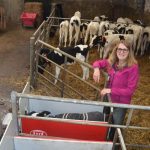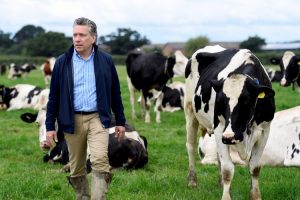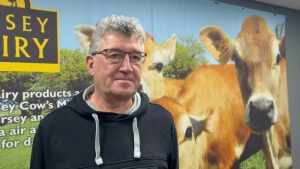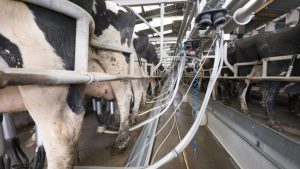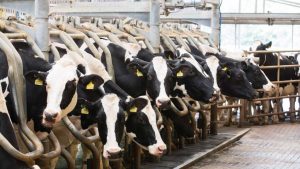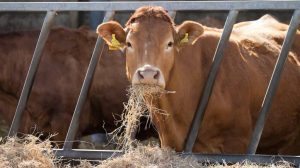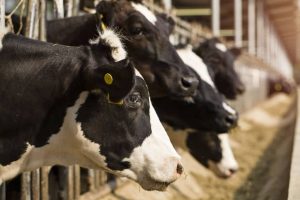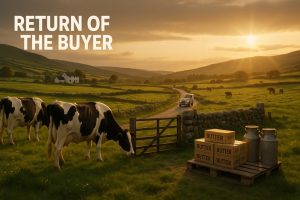
But some farming challenges were met with resilience and innovation from bovine TB progress to rallying prices and adapting to coronavirus times with meetings and events going online.
Progress on containing bovine TB
Significant steps have been made this year in the ongoing battle to rid beef and dairy farms of bovine TB, including progress on a cattle vaccine.
In England, 27,360 TB-infected cattle were slaughtered over the 12 months to end of August, a 17% fall on the previous year. Over the same period, 3,185 new herd incidents were recorded – a year-on-year decrease of 8%.
This autumn, trained marksmen culled badgers in 54 licensed zones across England – including 11 new zones – as Defra ramped up its efforts to tackle the disease in wildlife.
Meanwhile, new herd TB incidents in Wales fell by 10% in the year to August, and 10,462 TB-infected cattle – down 18% on the previous year – were slaughtered.
Wales’ chief vet, Christianne Glossop, said the Welsh government had no plans to undertake a widespread cull of badgers, but it would continue to carry out “trap and test” operations where badgers are implicated in long-standing TB breakdowns.
In July, Defra announced that field trials of a Cattle BCG (Bacille Calmette-Guérin) vaccine and diagnostic test to differentiate infected from vaccinated animals (Diva) are due to begin in England and Wales next year, which could pave the way for better TB control.
Commodity prices surge
Despite all the challenges of 2020, the prices farmers have received for their produce have generally seen a marked improvement on 2019 levels.
A quick check at the “Markets at a Glance” table on p3 of Farmers Weekly shows that, for cattle and sheep in particular, prices are at a decent premium – and this has been the story throughout the year.
Sheep producers benefited from reduced lamb numbers, less competition from New Zealand imports and stronger retail demand.
Arable crop values are also faring better, with feed wheat climbing throughout the year to reach over £185/t – up £50/t on the year – while oilseed rape is now topping £350/t, driven in part by tighter global stocks of soya. Hay and straw values are also stronger, as are pulses.
One exception is dairy, where values have tended to track 1-2p/litre below year-ago levels. Some farmers were especially hard hit at the start of the coronavirus lockdown, given the near total closure of the food service sector, though some then benefited from the government’s compensation scheme.
Most markets, however, have been firmer in 2020 – though higher prices don’t necessarily mean bigger profits if costs have gone up and yields have fallen.
Virtual events
It has been the year of virtual connections – mainly through Zoom and FaceTime – with businesses hosting events that would otherwise be cancelled due to coronavirus restrictions.
Agriculture shows, which are normally the highlight of the farming calendar, had to hastily put in place virtual replacements.
For example, in May, Berkshire estate manager David Hill devised the Greatest Online Agricultural Show. The free one-day event featured online competitions, debates, innovations and demonstrations. It raised more than £16,000 for five farming charities.
Europe’s biggest agricultural festival, The Royal Welsh Show, ran a week-long event towards the end of July, which included a virtual breakfast with Welsh minister Lesley Griffiths and seminars on mental health in farming.
The popular Cereals event also moved its 2020 offering online in June, meaning growers were still able to hear the latest advice and take part in interactive discussions with experts. And the Royal Highland Show went “virtual” too.
A series of virtual tours of Scottish farms also proved popular during lockdown. The initiative started with a group of farmers streaming daily live footage on Facebook from 14 different lambing sheds over two weeks.
The daily videos took off, with up to 250 families watching the live streaming every day and more than 500 joining in the evenings on catch-up.
On a practical level, Zoom and WhatsApp helped Red Tractor complete its on-farm compliance checks remotely.

